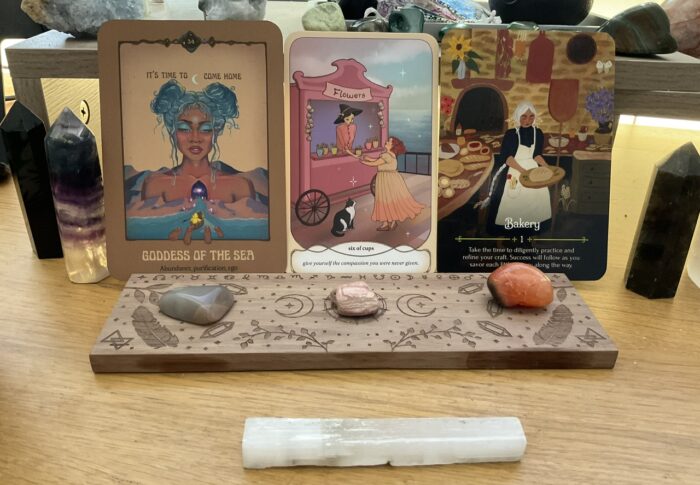
The Number 1 Way To Improve Your Mental Health Today
Let’s talk about the single, best way to improve your mental health. Why only one way? One question I see a lot on mental health forums is, what is one thing I can to improve my mental health? I get it. When you feel depressed, doing anything can seem like a mammoth task. So, even a short list of things to try can seem overwhelming. Should you get out into nature? Do some exercise? Take a nap? Or maybe talk to someone you trust. More options are often not helpful. This article may seem really basic, but often it’s the basic things we all miss. We can’t see the wood for the trees.
What IS The Best Way To Improve Your Mental Health?
It’s simple. You need to unpack and understand your feelings. It may seem ridiculously simple, but it isn’t for several reasons. Firstly, before you can fix anything you need to understand what’s broken. Think about it. If you take your car to a garage and report it won’t start, does the mechanic immediately start fixing it? No. They need to run diagnostics and find the source of the problem.
Similarly, if you go to A&E and report chest pains the doctors will not start treatment straight away. Chest pains could indicate a heart attack, an embolism in your lung, a pulled muscle, or just simple indigestion. They have to pinpoint the problem before fixing it. Your mental health is exactly the same, so finding out the cause of your negative feelings are very important to improve your mental health.
Anxiety
Let’s take anxiety as an example. We all know what is feels like to be anxious, but the cause is unique to each of us. Even if it’s a simple as an upcoming job interview, the reason for the anxiety could differ.
- You could be anxious the interview won’t go well
- I may be anxious that I get the job but I’m bad at it
- Your friend is stressed that they will do well, but not get it and their partner will judge them
- Another person may just be anxious because they hate the pressure interviews represent regardless of how well they go.
The same thing is true with social anxiety, depression, low self-esteem and so on. You need to be clear what the problem is before you fix it. That’s why this is a key step to improve you mental health.

Your Feelings
The analysis doesn’t end with the cause of your bad feelings, though. You also need to determine what you’re feeling. You might wake up feeling really shitty, but what is the specific feeling? Are you sad, irritable, bored, anxious, stressed, angry, lonely, jealous, etc.? Sometimes, it can be difficult to decide exactly what you’re feeing especially if you’re not used to thinking about it.
So, what should you do? Here comes the difficult part. You need to sit with your feeling for a while. Don’t try to make yourself feel better, push the feeling away, or self-medicate. You need to sit quietly and think about the way you’re feeling. If it helps, get a pad and just start writing. Often by starting to write your subconscious kicks in and you start to make sense of things. Feeling and correctly identifying our feelings is an important step to improve your mental health, so as uncomfortable as it feels, you need to do it.
Identifying your feelings gets easier the more you do it. Learning how your body processes emotions is another vital step to improve your mental health. It is essential you do not judge yourself for how you feel. Fear of judgement, even from ourselves, is what causes us to push away negative feelings rather than deal with them.
Next Steps
Now that you’ve figured it what you’re feeling and why, what can you do to fix it. Well, it depends. Sorry, if you’re looking for easy answers today is not your lucky day. Just as all of our feelings are different so is the way we fix them.
It could be a simple fix. If you feel angry because of a dispute with a coworker you may need to discuss it with them, formulate strategies for the future, make a complaint or just let it go. If you feel sad because of a recent loss you might need a hug from a loved one.
However, if it relates to a childhood trauma, a divorce, or the death of a loved one you might need to work for some time to deal with it. You could need therapy or just talking it through over a long period with a friend. Journalling works for other people.

Make A Plan
Regardless of whether you’ll need a little or a lot of work to deal with your problem, the chances are you’ll feel bad again. We all do! That’s why it’s worth having a plan for when it happens. Don’t make a generic list. Each time you identify what you’re feeling, write down what you did to feel better and if it works. If it didn’t work, try something else. Eventually, you’ll be a pro at understanding your feelings and you’ll have a game plan for when bad emotions strike. Understanding is the first step to fixing. If you find this helpful, have any questions or want to share your story, please pop it in the comments.







